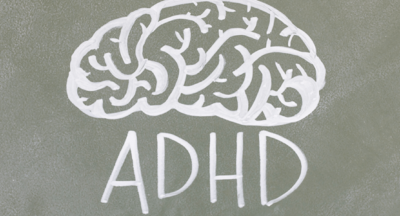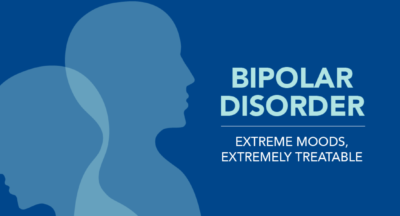
The Importance of Mental Health in Children
Introduction
Mental health is a crucial aspect of overall well-being, and this holds true for individuals of all ages. However, it is especially important to pay attention to the mental health of children. Childhood is a critical period for cognitive, emotional, and social development, and any issues related to mental health can have a lasting impact on their future.
The Prevalence of Mental Health Issues Among Children
In recent years, there has been a growing recognition of mental health issues among children. According to the World Health Organization (WHO), approximately 10-20% of children and adolescents worldwide experience mental health disorders. These disorders can manifest in various forms, including anxiety, depression, attention-deficit/hyperactivity disorder (ADHD), and behavioral problems.
It is important to note that mental health issues in children are not solely a result of genetic factors. Environmental factors, such as family dynamics, school environment, and exposure to trauma or stress, can also significantly contribute to the development of mental health disorders.
The Impact of Mental Health on Children
Poor mental health can have a profound impact on a child’s life and overall well-being. It can affect their cognitive abilities, emotional regulation, social interactions, and academic performance. Children with mental health issues may struggle with concentration, problem-solving, and decision-making, leading to difficulties in school and other areas of life.
Moreover, untreated mental health problems in childhood can persist into adulthood and increase the risk of developing more severe mental health disorders later in life. Early intervention and support are crucial to prevent long-term negative consequences.
Signs and Symptoms of Mental Health Issues in Children
Recognizing the signs and symptoms of mental health issues in children is essential for early detection and intervention. Some common indicators include:
- Changes in behavior, such as irritability, aggression, or withdrawal
- Difficulty sleeping or experiencing nightmares
- Changes in appetite or weight
- Loss of interest in previously enjoyed activities
- Difficulty concentrating or declining academic performance
- Frequent physical complaints, such as headaches or stomachaches
If you notice any of these signs persisting for an extended period, it is crucial to seek professional help from a mental health provider who specializes in working with children.
Promoting Positive Mental Health in Children
There are several strategies that parents, caregivers, and educators can implement to promote positive mental health in children:
- Encourage open communication and create a safe space for children to express their feelings and concerns.
- Teach and model healthy coping strategies, such as deep breathing exercises, mindfulness, and engaging in physical activity.
- Establish consistent routines and provide a structured environment, as this can help children feel secure and reduce anxiety.
- Promote healthy lifestyle habits, including regular exercise, nutritious meals, and adequate sleep.
- Teach problem-solving and resilience skills to help children navigate challenges and setbacks.
- Encourage social connections and foster positive relationships with peers and family members.
The Role of Schools and Communities
Schools and communities play a vital role in supporting children’s mental health. It is essential for schools to have comprehensive mental health programs in place, including access to school counselors or psychologists. Educators should also receive training on recognizing and addressing mental health issues in the classroom.
Communities can contribute by reducing the stigma surrounding mental health and providing resources and support for families. Collaboration between schools, healthcare providers, and community organizations can help create a holistic support system for children.
Conclusion
Investing in the mental health of children is crucial for their overall well-being and future success. By recognizing the signs, promoting positive mental health, and providing early intervention, we can help children develop the resilience and coping skills necessary to navigate life’s challenges.
Remember, mental health matters, and every child deserves the opportunity to thrive.
Related Posts
Understanding Spectrums and Diagnostic Criteria as per DSM-5-TR
What is the Diagnostic and Statistical Manual of Mental Disorders-5-TR...
Understanding Bipolar Disorders and the DSM-5-TR
What is the Diagnostic and Statistical Manual of Mental Disorders-5-TR...
Understanding Depression: Symptoms, Differences, and Treatment Options
Introduction Depression is a common mental health disorder that affects millions...
Understanding Anxiety Disorders: Causes, Symptoms, and Treatment Options
What is Anxiety? Anxiety is a natural response to stress or danger. It is a...





